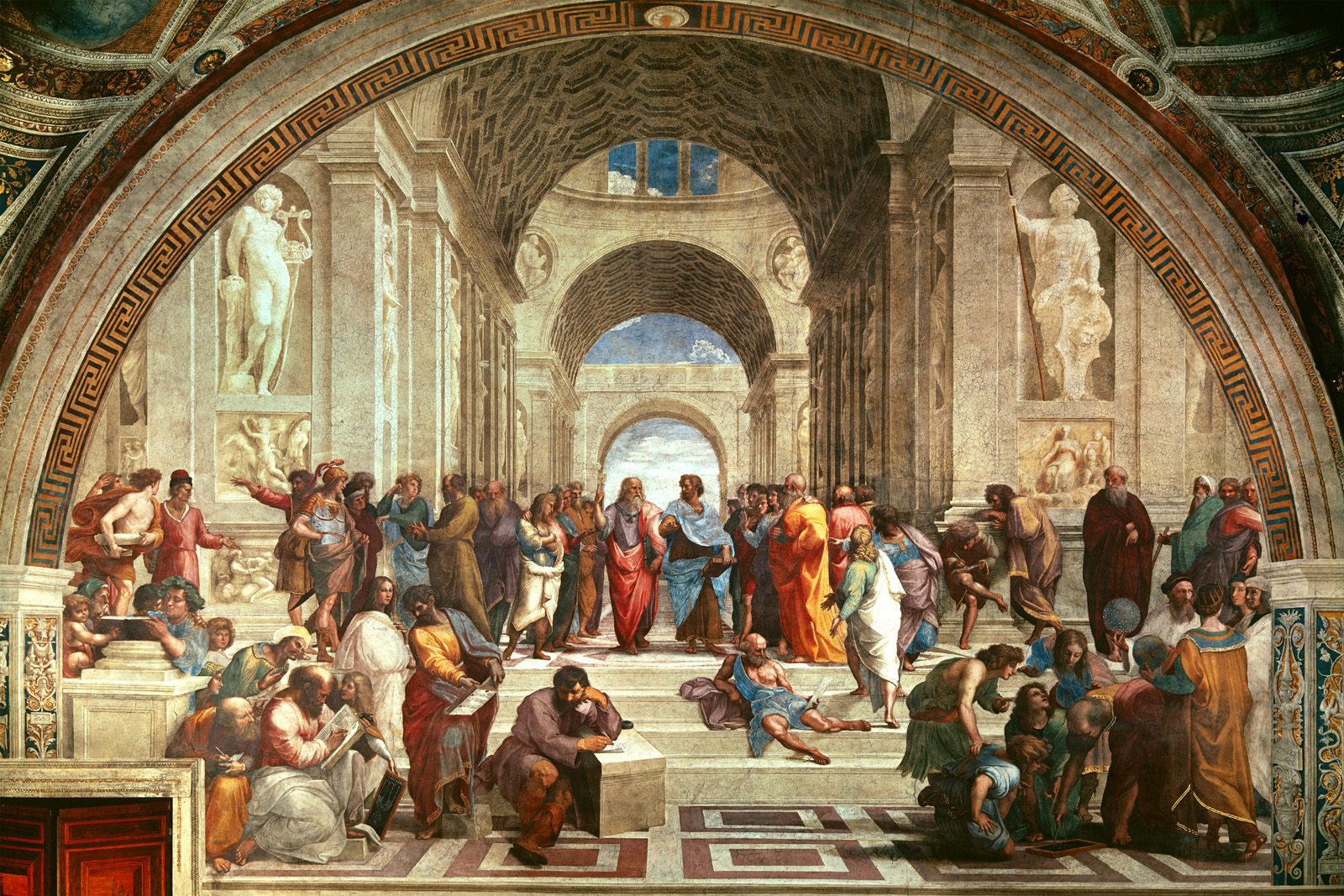In anticipation of writing a final paper for my Summer philosophy course, I’ve been going back through my course notes. Some things I found useful were some quick thoughts on the question, “Why should Christians study philosophy?”
I think these quick notes and thoughts are helpful and encouraging. These are things I will continue to think about as I pursue Christ with all of my heart and all of my mind.
These were taken from the first day of class with Dr. Stephen J. Nichols, a professor at Lancaster Bible College, adjunct professor at Reformed Theological Seminary and new teaching fellow of Ligonier Ministries. I also found some enlightening pieces of information on sites that operate by selling notes.
1) “Finally, brothers, whatever is true, whatever is honorable, whatever is just, whatever is pure, whatever is lovely, whatever is commendable, if there is any excellence, if there is anything worthy of praise, think about these things.” – Philippians 4:8
The things Paul mentions in this verse are Philosophical categories – truth, honor, justice, love (beauty). Paul commands the Christian to think about and pursue these things.
2) We need to construct our own worldview. We all have a worldview, a context that influences the way we think, interpret the world, and understand our place in the world. As a Christian we have a responsibility not to adopt a worldview, but to construct one and think it through.
3) We need to develop the habit of critical thinking. Our culture is much more receptive than it is critical.
4) We need to foster reflection. Reflection is an art.
5) We need to broaden our world. We can learn from history and missteps.
6) We need places to land – certainty on truth, morality, etc. “Liquid” is a word used to describe our post modern context – there is no place to land, people say we cannot be certain about anything. Christians must have first principles in an age without certainty.
7) We need to love God with our minds. God created us as rational beings –and there is a difference between being rational and rationalism. It is God honoring to do so.
8) Ideas have consequences. How do we help our churches engage ideas? Beliefs/actions/consequences are only the tip of the iceburg. They come from principles/values/beliefs/presuppositions.
9) It can enrich our life. Pop culture is fine and well, but reaching for “top shelf” material and wrestling with it can enrich our lives.






